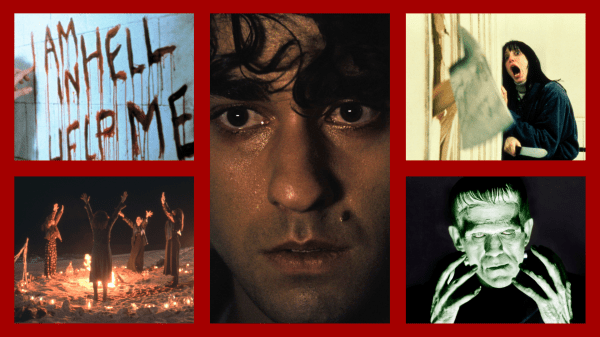Michael Caine and His Brother: A Tale of Contrasting Fortunes
The Italian Job brought them together on the big screen, but in real life, Michael Caine and his younger brother, Stanley Micklewhite, lived vastly different lives.
While Michael became a wealthy film legend, Stanley struggled to make ends meet and worked at Selfridges in London.
The two brothers had a distant relationship in their later years.
The wealth gap between Sir Michael Caine’s lavish £10 million mansion in Surrey and Stanley’s rundown house in Ruislip, West London, was stark.
Michael spared no expense in transforming his 20-acre lawns into a stately home, while Stanley’s front garden was paved over with weeds growing through the concrete slabs.
Stanley’s death, at the age of 77 after years of ill health, went unnoticed by the media.
He was not mentioned on Michael’s official Twitter page, even though the actor had recently paid tribute to his friend, film director Michael Winner.
The news of Stanley’s passing emerged just as an exhibition honoring Michael’s life and work was opening at the Museum of London to coincide with his 80th birthday.
There was a time when Stanley dreamt of having the same level of fame as his brother.
He appeared in several of Michael’s famous films, including The Italian Job.
In the swinging sixties, the brothers were inseparable, sharing a flat in Chelsea’s King’s Road with actor Terence Stamp.
However, while Michael’s career took off and he amassed an estimated fortune of £50 million, Stanley’s film career floundered, and he found himself working at Selfridges to make ends meet.
In the final years of Stanley’s life, he and Michael had a distant relationship, despite living just a few miles apart in London.
Stanley’s widow, Marie, spoke about her devastation at his death and revealed that Michael chose not to attend the funeral to avoid media attention.
Marie emphasized that Michael grieved for his brother and that they were once very close.
Stanley’s life was a constant struggle, even with regular small hand-outs from his wealthy brother.
In the eighties, Michael gave him £95 per week, allowing Stanley to quit his job at Selfridges and pursue an unsuccessful writing career.
While the financial support increased in recent years, it only helped the couple avoid claiming welfare benefits.
Stanley turned down offers from Michael to pay for luxury holidays, feeling uncomfortable in the shadow of his famous sibling.
The two brothers grew up in poverty in a small flat in Camberwell, South London.
Their father, Maurice Micklewhite, was a gambler and drinker who squandered money at the bookies and pub.
Rickets plagued Michael due to malnutrition during his early years.
The boys’ mother would split a boiled sweet in half with a bread knife as a special treat.
During the war, the brothers were evacuated to Wargrave and later to a grand house in Norfolk, where their mother worked as a cook.
After their father’s death from liver cancer in 1956, Michael achieved fame with films like Zulu and bought his mother a large house and a mink coat.
However, as his stardom grew, his relationship with Stanley deteriorated.
They lost touch until a chance encounter at a furniture store in the mid-sixties.
Shocked to see his brother working hard while he ordered sofas without a care, Michael insisted that Stanley move into his London flat.
He also gave him small acting roles in two of his films.
Although Stanley appeared in The Italian Job alongside Michael in 1969, his hopes of matching his brother’s success never materialized.
While Michael went on to star in iconic films and win Oscars, Stanley had to return to low-paid shop work.
Their story took another twist when they discovered their mother’s lifelong secret after her death.
She had given birth to a son named David before meeting their father, and she had secretly visited him every Monday of her life, concealing his existence from her sons.
In recent years, Michael has continued his successful acting career, starring in blockbusters like the Batman series and Inception.
Despite Stanley’s illnesses, he maintained a frail appearance as he came and went from his modest home.































